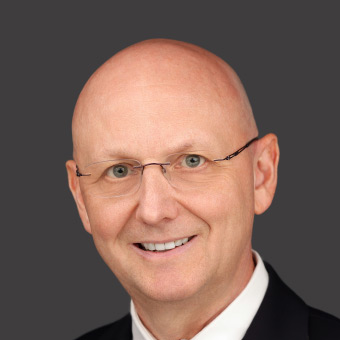Two days after President Bush nominated Judge John G. Roberts to replace Justice Sandra Day O’Connor, she attended the Ninth Circuit judicial conference. The conference is a gathering of western judges and lawyers organized to discuss significant issues affecting the bench and bar. During her appearance, Justice O’Connor expressed concern about federal encroachments on the states’ reserved powers. She described the states as laboratories of democracy and stressed that the federal government should “let them try things and see how it works.” This respect for the states as co-equals with the federal government has been a hallmark of Justice O’Connor’s jurisprudence. During the last decade she has been a leader in the Supreme Court’s so-called New Federalism. The retirement of Justice O’Connor could result in a Court less inclined to protect the states’ reserved powers. Her remarks at the judicial conference underscore how much is at stake with the Roberts nomination.
During her tenure, the Court struck down several federal statutes imposing unfunded federal mandates on the states as well as statutes forcing the states to subject themselves to suit in their own court systems. In these 5-4 decisions, Justice O’Connor was often the deciding vote.
In another series of cases primarily dealing with Congress’s authority to regulate interstate commerce, the Court has enforced constitutional restrictions on Congress’s power to legislate.
For example, in United States v. Lopez (1995), the Court struck down a federal statute prohibiting possession of firearms near school premises. The government argued that the statute was a regulation of “commerce” because guns could disrupt schools, hurt education, and therefore result in an unproductive workforce in the national economy. The Court rejected the government’s argument, holding that such a broad interpretation of “commerce” would permit Congress to regulate almost every activity in the United States and would infringe on many areas traditionally of state concern.
Unfortunately, it is difficult to gage Judge Roberts’s stance on the New Federalism. He has no paper trail for his friends to tout or enemies to attack. Whether in private practice or working for the government, Roberts has served as one of the nation’s foremost advocates. And an advocate simply makes the strongest arguments on behalf of his client. When he was confirmed to the D.C. Court of Appeals in 2003, Roberts made clear that lawyers must make arguments even if they disagree with them. If a lawyer failed to do so, Roberts noted, “he wouldn’t be doing his job.” Hence, the myriad legal briefs and memos Roberts has written over the years provide little assistance in evaluating his judicial philosophy.
Considering Roberts has served only two years as a federal judge, he has authored very few significant court decisions. However, the one opinion that provides a glimpse into attitude toward the New Federalism is Judge Roberts’s dissenting opinion in Rancho Viejo, LLC v. Norton, 334 F.3d 1158 (2003). Rancho Viejo concerned an order of the federal Fish and Wildlife Service directing a developer to remove a fence from his property to accommodate the movements of arroyo toads. A panel of the D.C. Court of Appeals upheld the order under the Commerce Clause, but Judge Roberts urged that the entire Court rehear this issue.
Roberts’s opinion indicated that the protection of a non-commercial, local toad was not “commerce” subject to federal regulation. The activity being regulated (i.e., the erection of a fence) on private property did not, in Judge Roberts’s opinion, substantially affect interstate commerce. Judge Roberts described the panel’s reasoning as “inconsistent with the Supreme Court’s holdings in United States v. Lopez” and other New Federalism cases. He feared that the panel’s broad approach would destroy any real limits on federal power under the Commerce Clause.
Decorum prevents Justice O’Connor from providing any assessment of Judge Roberts’ fitness to replace her. However, if his Rancho Viejo opinion is any guidance, Justice O’Connor and other friends of the New Federalism should be cautiously optimistic with the President’s nominee.











